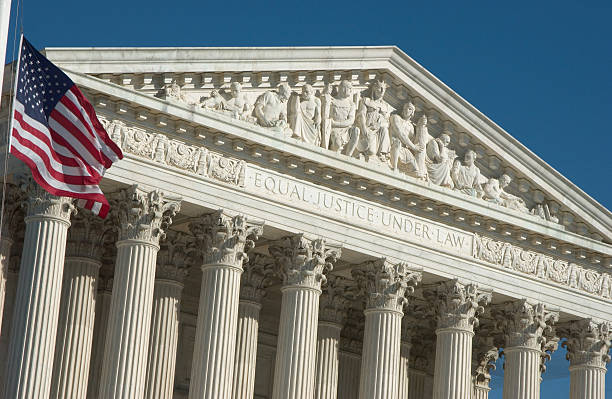The high-profile trial of former President Trump for his alleged efforts to obstruct the transfer of power is sparking an unlikely effort to introduce cameras into the courtroom. Although the case against Trump may be without precedent, it faces a well-established federal court rule that prohibits the broadcasting or recording of hearings in any manner.
Before winning a seat in the House, Glenn Ivey, a first-term Democratic Congressman, had an extensive career as a state and federal prosecutor. He is now among a growing contingent of House Democrats advocating for either new legislation or updated rules that would permit television cameras in U.S. federal courts. Ivey maintained that the presence of cameras would not influence the atmosphere or ultimate result of a criminal trial. Instead, it would provide the American public with an impartial, unaltered perspective of the judicial process.
“You try to read their body language. You watch them and their reactions closely. It’s an art. Not a science,” Ivey recalled. “When you’re in a jury trial. The last thing on your mind is anything other than the judge and the jury.”
In recent years, several pieces of legislation were presented in Congress with the aim of permitting cameras in federal criminal court systems. Some Democrats are now intensifying their efforts to garner bipartisan support for such a bill. This bill was introduced prior to Trump’s federal criminal charges.
Nevertheless, a coalition of around three dozen House Democrats composed a letter addressing the Judicial Conference. They request a more limited policy adjustment that would permit televised proceedings for any federal trial involving Trump.
“Given the historic nature of the charges brought forth in these cases. It is hard to imagine a more powerful circumstance for televised proceedings,” the letter said.


